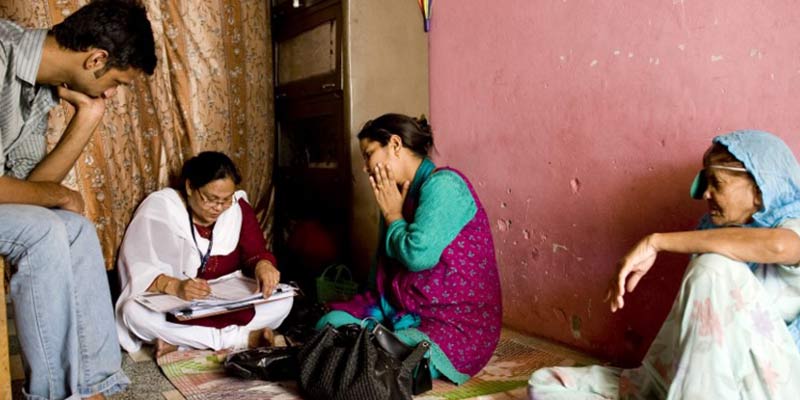- India
- Apr 10
Govt mulls mobile app for Census 2021
For the first time in the 140-year history of census in India, data is proposed to be collected through a mobile app and enumerators would be encouraged to use their respective phones, the home ministry said. This will eliminate the tiring process of making electronic data entries for information recorded on paper forms and also make compilation easier and faster.
Home Secretary Rajiv Gauba described Census 2021 as the world’s largest enumeration exercise. A total of 33 lakh enumerators - the persons who conduct door-to-door counting - would be mobilised for data collection for which a notification has already been issued, he said.
The reference date is October 1, 2020, for Jammu & Kashmir and snowbound areas of Himachal Pradesh and Uttarakhand, while it is March 1, 2021 for the rest of country.
Data is proposed to be collected through a mobile app and enumerators would be encouraged to use their own mobile phones, said Registrar General of India officials.
There is also an option to collect and record the data through paper schedules, which will eventually be submitted electronically.
Gauba said census is not just an exercise of head count but it also provides invaluable socio-economic data which forms the credible basis for informed policy formulation and allocation of resources. The changing demographics and socio-economic parameters reflected by the census helps in reformulation of the country’s plans for economic development and welfare schemes, he said.
Gauba said the census data caters to the constitutional requirement of delimitation of constituencies and reservation of seats for SCs and STs. The home secretary also urged for exercising caution while using technology for data collection in Census 2021 and stressed that data confidentiality should be maintained.
He asked representatives from the ministries of states and the Centre, academic institutions and international organisations to deliberate on the strategy and questionnaire for the census to maximise the benefits from this exercise.
Registrar General of India and Census Commissioner Vivek Joshi said Census 2021 will be conducted in two phases. In the first phase, house listing operations would be conducted in any two months chosen by the states between April and September 2020. In the second phase, actual population enumeration would be done from February 9 to 28, 2021, followed by the revision round from March 15, 2021.
In Jammu & Kashmir and snowbound areas of Himachal Pradesh and Uttarakhand, population enumeration would be conducted from September 11 to 30, 2020, followed by the revision round from October 1 to 5, 2020.
Role of the Census Commissioner
The responsibility of conducting the decennial census rests with the Office of the Registrar General and Census Commissioner under the home ministry. Though the population census is a major administrative function, the Census Organisation was set up on an ad-hoc basis for each census till 1951. The Census Act was enacted in 1948 to provide for the scheme of conducting population census with duties and responsibilities of census officers. The government decided in May 1949 to initiate steps for developing systematic collection of statistics on the size of population, its growth, etc. and established an organisation in the home ministry under the Registrar General and Census Commissioner. This organisation was made responsible for generating data on population statistics. Later, this office was also entrusted with the responsibility for the implementation of the Registration of Births and Deaths Act, 1969.

